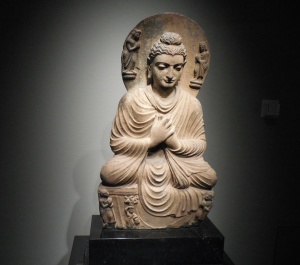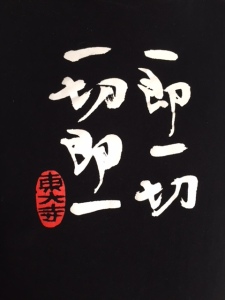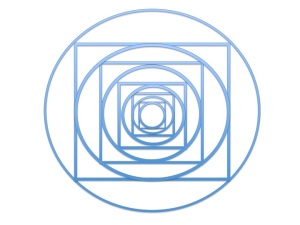I have been writing about vision lately. Not surprising since I was an eye doctor. My journey in this writing is similar to my journey as an ophthalmologist, though in life it was not linear, but overlapping worlds. When I went back to do my premed courses in my early 30s I fell in love with science. Then I fell in love with vision and how the eye works, what it takes to restore vision. My interests in scienctific pursuits, particularly immunology, persisted and informed my choice to be an academic ophthalmologist specializing in ocular inflammatory disease. Starting some 10 years ago my much older interest in Zen resurfaced and I pursued, and still maintain, a Zen practice.
In retirement, especially with the forced time on my hands of covid stay at home orders, I have looked into aspects of the biology of vision in nature beyond what I needed as an ophthalmologist to be effective.
In addition, Zen (and other schools of Mahayana Buddhism) is interested in Mind and perception. The Suringama sutra, for example, is a meditation on the nature of perception and Mind. The Lankavatara sutra also is in parts involved in considering how we perceive and project. And in any discussion of cognition and perception, vision rules because in humans, that is our foremost way of, well, seeing the world. Indeed an lot of our brain real estate, some estimate almost a third of the surface of our cortex, is about vision and visual associations.
So that’s what i am writing about.
Also, a friend of mine, Robert Lanza, MD, has just published his third book on Biocentrism, called “The Grand Biocentric Design” that I liked very much and wrote a blurb for that is in the book.
It seems that these all flow together for me.
It shouldn’t be surprising that science would converge with Zen in some ways, at some points
Both are about not being trapped or misled by delusion or self deception or religious dogma or social conditioning or political views or exploitation (ring a contemporary bell vis a vis covid and ciovide denial and exploitation?).
Sure practitioners of both fail and indulge in all the ego driven pursuits and limitations, and I am no exception, but that is the nature of the practitioners and our limits, not science or Zen.
But both Zen and science are about seeing clearly in the moment. No flinching. No obscuration. The word experiment comes from the word experience. Both are about honest, open experience, not wishes and fears.
The “realism,” “materialism,” duality thing, with science is not inherent, it is in my view a denial and limitation due to bias and conditioning, perhaps sometimes being lazy and unimaginative, or not being attentive, but it isn’t the definition or foundation of science.
No self deception is much closer to the core ideal of science, as it is in Zen (it was one of Maezumi roshi’s admonitions). Both teach: Dont be limited by conditioning and authority and how you think it should be.
Rather than say: no subjectivity, no perspective, an impossible ideal for most practitioners of either science or Zen, acknowledge and don’t be trapped by your perspective. You just have to get very subtle in science, like being very quiet in meditation, to find where your measurements lead or for that matter where they break down, and where you framework breaks down.
A clockwork universe, a ghost in the machine, was the first attempt to break free of superstition and religious dogma in the West where modern science developed. It was flawed and colored by the duality of much of Western thought and religion.
That breaking free started in earnest about 120 years ago with the birth of quantum mechanics (and a bit with relativity, and more so when the two wouldn’t always work nicely together in extreme conditions).
And it continues.
As does the struggle against willful ignorance and exploitation and the poisons of greed and hate continues in our world and in ourselves.

















